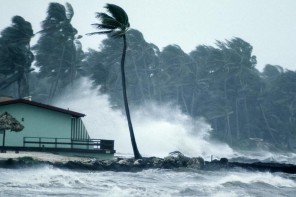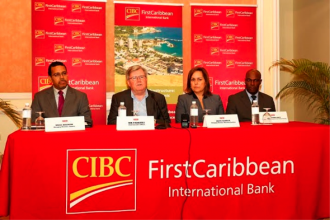Caricom leaders will sign an agreement at the Heads of Government Meeting, to officially launch the Caribbean Centre for Renewable Energy and Energy Efficiency (CCREEE) in Barbados. This was confirmed by Devon Gardner, programme manager at the Caricom Secretariat.
The CCREE was first inaugurated in October 2015. Gardner said while regional leaders have not agreed on some issues, renewable energy is one they are inclined to agree upon.
“If we look at renewable energy as one aspect of integration, it means its one aspect of integration that we could get right,” he said.
“We might not have gotten the free movement of people and the CSME, so there are still a lot of things to be worked out in that sense. Look at some of the successful institutions like CXC. Nobody talks about GCE or O’ levels anymore. CXC is a creature of Caricom and part of the regional integration process.”
Gardner said the issue of renewable energy is being taken seriously by the Caricom leaders.
In an interview during the coffee break at a National Policy Dialogue on Sustainable Energy at UTT’s Creativity Campus in Port-of-Spain yesterday, he said: “In terms of the interest and having it implemented, that interest continues and it is very high.”
In early May, Prime Minister Dr Keith Rowley attended the US-Caribbean-Central American Energy Security Summit in Washington D.C. and told leaders that given the “enormous scale” of resources in the region, renewable energy should be contributing more to the energy needs and increasing prospects of energy security.
Gardner said funding of renewable energy projects continues to be a challenge and to achieve Caricom’s renewable energy targets successfully, US$30 billion is required
“That US$30 billion would not have all been all new investments because some of it would have been to replace existing power plants which would have required an investment anyway,” he said, adding that US$15 billion would be for new investments and US$15 billion for repairs.
He said Caricom countries are “financially stressed” and funding does not exist in the public sector, so it should be taken from international funding agencies.
“With the right kind of governance arrangement which is the planning, the policy framework and the legislative framework, some of international partners such as the World Bank and the IDB which could provide some of the public financing that could support some of the early stage work which would attract investments from the private sector,” he said.
Gardner said setting targets for renewable energy goals is good regardless of whether a country achieves them or not since they give Caricom something to work towards. Political will to drive renewable energy projects varies from country to country, he said.



